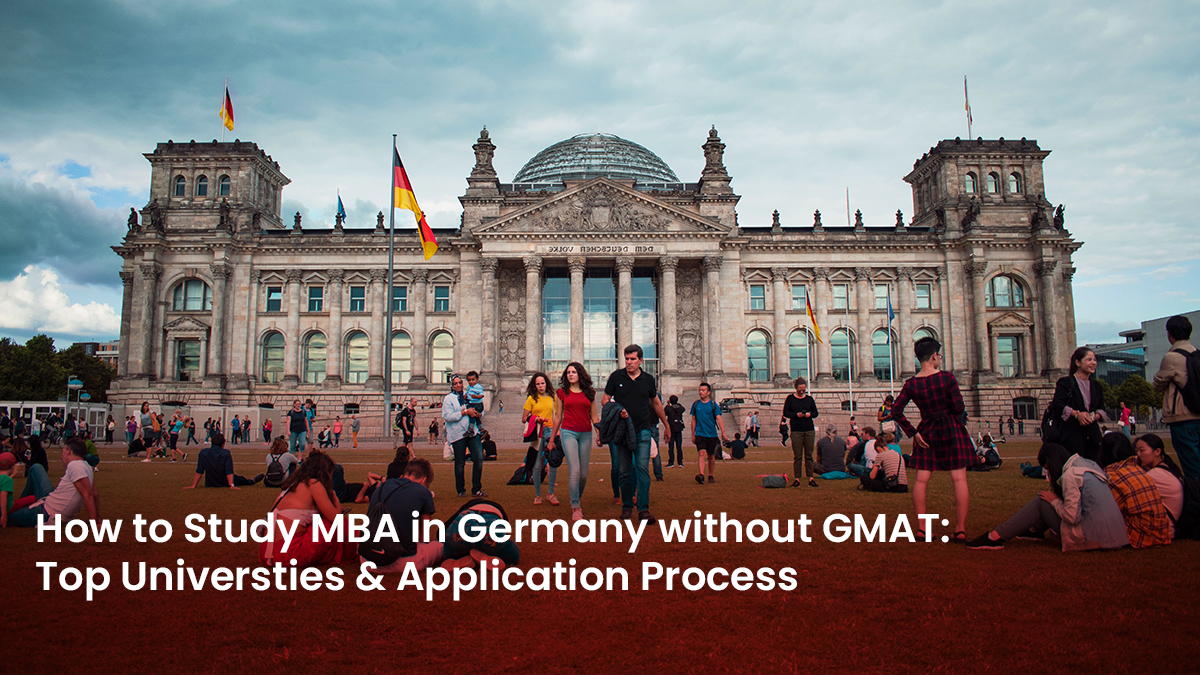A standardized system in the country manifests a clear road for students to follow and pursue their education smoothly. International students benefit from the AQF – from making an easier search for courses to more convenient transfer of schools.
Here is a table of the qualifications with their corresponding duration and those who offer it:
| QUALIFICATIONS | DURATION | OFFERED BY |
| Certificates I–V | Six months to two years (full-time) | Schools, TAFE institutes, RTOs, private higher education providers, and universities. |
| Diploma | One to two years (full-time) | TAFE institutes, RTOs, private higher education providers, and universities. |
| Advanced diploma | One to two years (full-time) | TAFE institutes, RTOs, private higher education providers, and universities. |
| Associate degree | Two years (full-time) | Universities, as well as some private higher education providers, TAFE institutes and RTOs. |
| Bachelor degree | Three to five years (full-time) | Universities, as well as some private higher education providers, TAFE institutes and RTOs. |
| Bachelor degree (honors) | One year (full-time) | Universities and some private higher education providers. |
| Graduate certificate and graduate diploma | Six months to two years (full-time) | Universities and some private higher education providers. |
| Vocational graduate certificate and vocational graduate diploma | Six months to two years (full-time) | TAFE institutes, RTOs, and some universities. |
| Masters and doctoral degrees | One to four years (full-time) | Universities and some private higher education providers. |
To further understand each qualification, you must take note of the following:
Certificates I–V
Certificates focus on training and skills learning while providing communication skills, industry-specific knowledge, numeracy, literacy, and teamwork.
Diploma
This allows a student to be prepared for the industry and career that he/she will be working in soon. Most diplomas can be finished at the university level.
Advanced Diploma
This gives a student an advanced level of practical skills for professional work in industries such as accounting, building design, and engineering. Like a diploma, courses in an advanced diploma can be completed at the university level.
Associate Degree
This is similar to an advanced diploma. What sets them apart is that an associate degree highlights more theoretical knowledge than industry-specific learning.
Bachelor Degree
This is the main award offered by universities at the higher education level. A bachelor holder is equipped enough to enter a range of professions.
Bachelor Degree (Honors)
Typically taken after a bachelor’s degree, a bachelor’s (honors) degree provides a pathway into research and further study.
Graduate Certificate and Graduate Diploma
This improves professional practice and expands learning and skills that are gained in the undergraduate degree.
Vocational Graduate Certificate and Vocational Graduate Diploma
This is equivalent to graduate certificates and diplomas at the higher education level. However, the vocational ones are less common. It provides high-level knowledge and skills that will be used for employment.
Master’s and Doctoral Degrees
A master’s degree offers an in-depth understanding of a chosen field of study through various research, coursework, or a combination of both. Meanwhile, a doctoral degree is considered the highest academic attainment. It also requires a contribution of research through a substantial thesis.
Getting an Australian education ensures that you have outstanding credentials and qualifications for future careers. If you want to learn more about living and studying in Australia, browse through our other articles here at MSM Unify.












